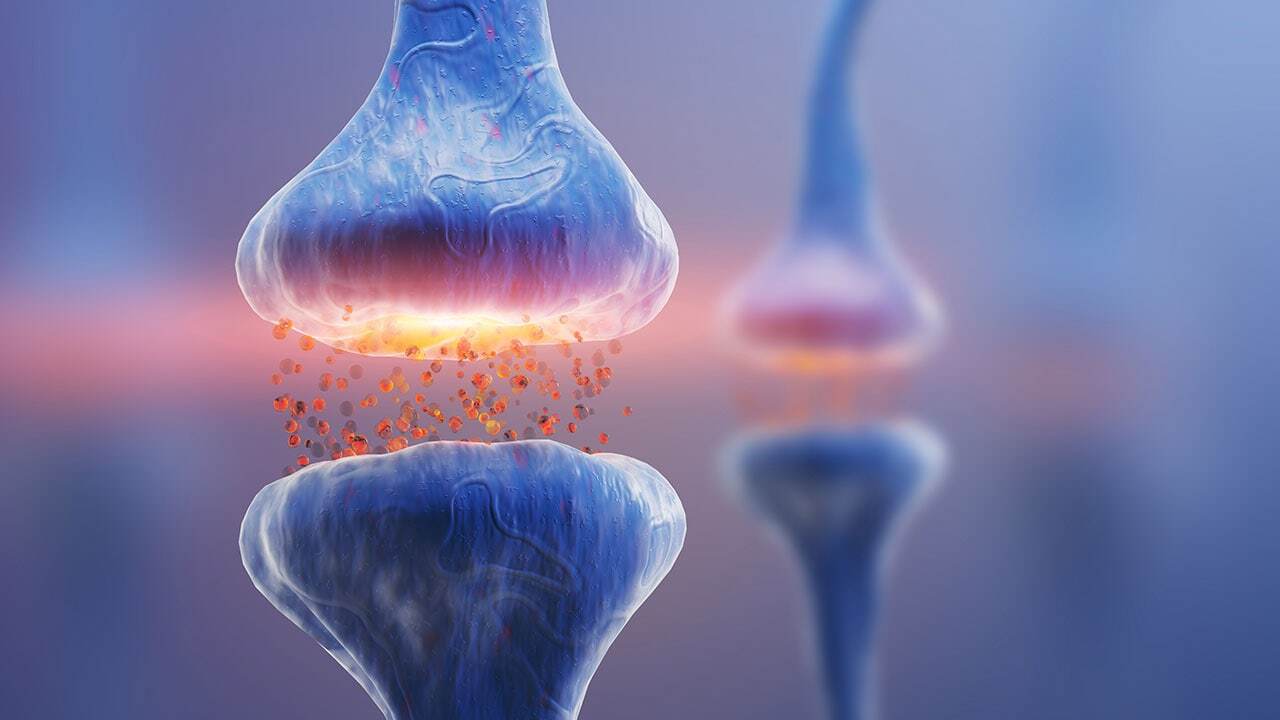
Thymoma with immunodeficiency is a rare condition that combines a tumor in the thymus gland with a weakened immune system. This unusual pairing can lead to a variety of health challenges, making it crucial to understand the basics. Thymoma itself is a type of tumor that originates in the thymus, an organ located in the chest responsible for producing T-cells, which are vital for immune function. When combined with immunodeficiency, the body's ability to fight infections and diseases is compromised. This condition can manifest through symptoms like frequent infections, fatigue, and autoimmune disorders. Understanding the facts about thymoma with immunodeficiency can help in early detection and better management of the condition.
Key Takeaways:
- Thymoma with Immunodeficiency, or Good syndrome, is a rare condition combining a thymus gland tumor and immune system deficiencies, leading to infections and other health issues.
- Treatment involves surgery, radiation, chemotherapy, and immunoglobulin replacement therapy. Patients should maintain a healthy lifestyle, avoid infections, seek emotional support, and stay informed about their condition.
What is Thymoma with Immunodeficiency?
Thymoma with immunodeficiency, also known as Good syndrome, is a rare condition that combines a tumor in the thymus gland with immune system deficiencies. This combination can lead to various health complications.
- Thymomas are tumors that originate in the thymus gland, located in the chest.
- The thymus gland plays a crucial role in the development of the immune system, particularly in producing T-cells.
- Immunodeficiency in this context means the body has a reduced ability to fight infections and diseases.
- Good syndrome is named after Dr. Robert Good, who first described the condition in 1954.
Symptoms and Diagnosis
Recognizing the symptoms and getting a proper diagnosis is essential for managing thymoma with immunodeficiency.
- Common symptoms include frequent infections, fatigue, and weight loss.
- Patients may also experience difficulty swallowing, chest pain, and shortness of breath.
- Blood tests often reveal low levels of immunoglobulins, which are crucial for fighting infections.
- Imaging tests like CT scans or MRIs are used to detect the presence of a thymoma.
- A biopsy of the thymus gland can confirm the diagnosis.
Treatment Options
Treatment for thymoma with immunodeficiency typically involves a combination of therapies to address both the tumor and the immune deficiency.
- Surgical removal of the thymoma is often the first step in treatment.
- Radiation therapy may be used to target any remaining tumor cells after surgery.
- Chemotherapy is another option, especially if the tumor is inoperable or has spread.
- Immunoglobulin replacement therapy helps boost the immune system by providing the necessary antibodies.
- Antibiotics and antiviral medications are commonly prescribed to prevent or treat infections.
Prognosis and Complications
Understanding the potential outcomes and complications can help patients and their families prepare for the future.
- The prognosis for thymoma with immunodeficiency varies depending on the stage of the tumor and the severity of the immune deficiency.
- Early detection and treatment improve the chances of a better outcome.
- Complications can include severe infections, autoimmune disorders, and organ damage.
- Regular follow-up appointments are crucial for monitoring the condition and adjusting treatments as needed.
- Some patients may develop other types of cancer, such as lymphoma, due to their compromised immune system.
Living with Thymoma with Immunodeficiency
Managing daily life with this condition requires a proactive approach to health and well-being.
- Patients should maintain a healthy diet and exercise routine to support their overall health.
- Avoiding exposure to infections is critical, so good hygiene practices and vaccinations are essential.
- Emotional support from family, friends, and support groups can help patients cope with the challenges of their condition.
- Regular communication with healthcare providers ensures that any changes in symptoms or health status are promptly addressed.
- Patients should stay informed about their condition and treatment options to make educated decisions about their care.
- Advances in medical research continue to improve the understanding and treatment of thymoma with immunodeficiency, offering hope for better outcomes in the future.
Final Thoughts on Thymoma With Immunodeficiency
Thymoma with immunodeficiency, also known as Good syndrome, is a rare condition that combines a tumor in the thymus with weakened immune function. This combination makes patients more susceptible to infections and other complications. Early diagnosis and treatment are crucial for managing symptoms and improving quality of life. Treatments often include surgery to remove the thymoma, immunoglobulin replacement therapy, and antibiotics to prevent infections. Regular monitoring by healthcare professionals is essential to catch any changes in the condition early. Understanding the symptoms and treatment options can help patients and their families navigate this challenging diagnosis. While rare, awareness and proper medical care can make a significant difference. Stay informed, consult specialists, and don't hesitate to seek support from patient communities. Knowledge and proactive care are your best allies in managing thymoma with immunodeficiency.
Frequently Asked Questions
Was this page helpful?
Our commitment to delivering trustworthy and engaging content is at the heart of what we do. Each fact on our site is contributed by real users like you, bringing a wealth of diverse insights and information. To ensure the highest standards of accuracy and reliability, our dedicated editors meticulously review each submission. This process guarantees that the facts we share are not only fascinating but also credible. Trust in our commitment to quality and authenticity as you explore and learn with us.
